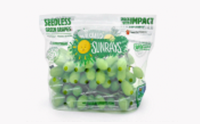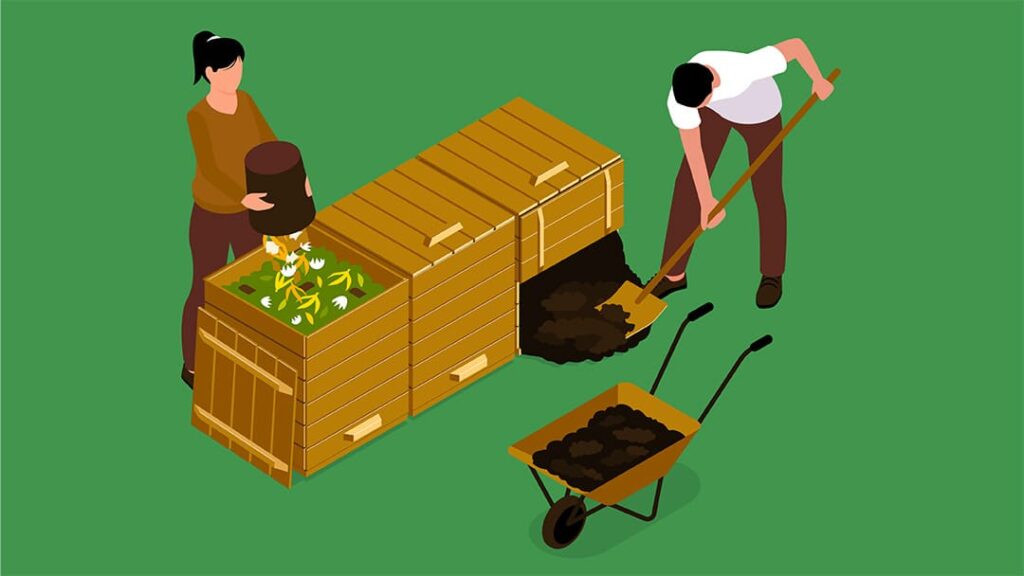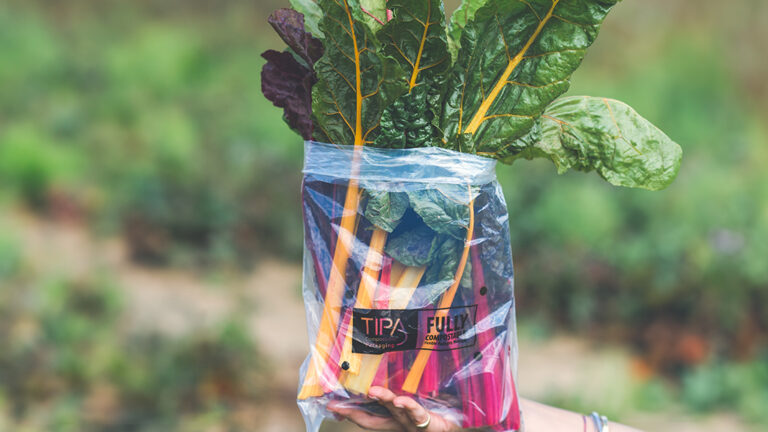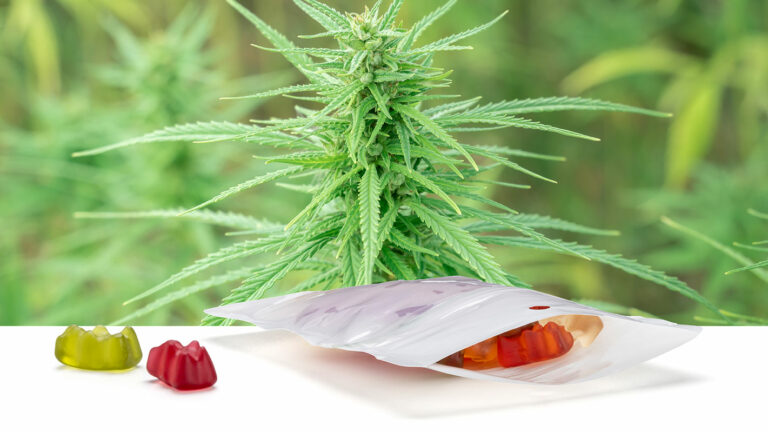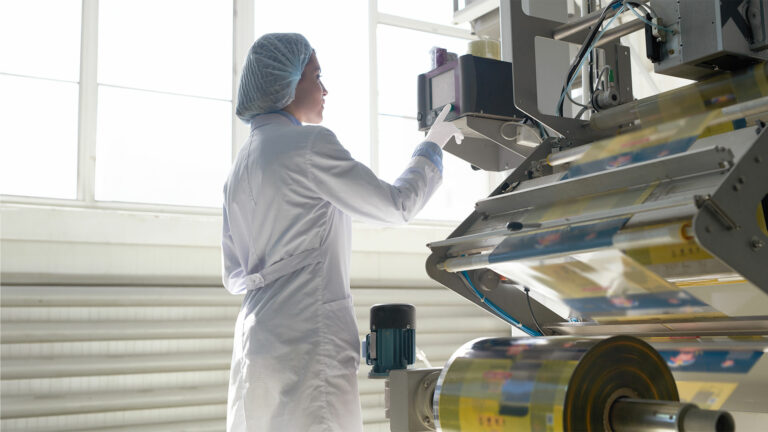Composting is a powerhouse of benefits that not only makes a significant impact on waste management but also on soil health. From turning your kitchen scraps into nutrient-rich soil to large-scale industrial operations, composting has become the go-to solution for sustainable waste management. Let’s take a closer look at 6 benefits of composting:
Improves soil fertility: Compost can improve soil fertility by providing a slow-release source of nutrients, including nitrogen, phosphorus, and potassium, which are essential for plant growth. Soils that are too tight can be loosen by compost, while soils that are too loose can be clumped together by compost. This balancing allows plants to develop healthier roots into the soil, contributing to healthier growth.
Reduces food waste: Composting organic materials such as food waste and yard trimmings can divert waste from landfills, reducing greenhouse gas emissions and helping to create a more sustainable system of waste management. The United States’ food and yard trimmings were found to comprise 30% of municipal solid waste – about 67.8 million tons – annually. By composting this waste, we can reduce the amount of waste sent to landfills.
Conserves water: compost is rich in organic matter, which can absorb and hold moisture like a sponge. This ability reduces the need for frequent irrigation and prevents soil erosion. The importance of this is especially relevant in areas with low rainfall or during times of drought. Compost also helps to prevent water runoff, which can carry pollutants into streams and rivers.
Reduces soil erosion: Soil erosion occurs when topsoil is washed or blown away from the surface of the earth. Agriculture, construction, and logging are often responsible for accelerating this process. The organic matter in compost can reduce soil erosion in several ways, including bind soil together, increase infiltration, and slow water flow over the surface. In areas with steep slopes or heavy rainfall, this is especially important.
Reduces reliance on synthetic fertilizers: Synthetic fertilizers, commonly used in agriculture to provide nutrients to crops and increase yield, often contain toxins that can be destructive to the soil, humans, wildlife, and marine life if they reach the oceans. Compost, on the other hand, is a slow-release fertilizer; the nutrients are released gradually over time, providing long-term benefits to the soil and crops and promoting sustainable agriculture.
Supports local communities – Composting can provide a source of high-quality, low-cost or free compost for local farmers, gardeners, and landscapers, promoting sustainable agriculture and beautifying communities and public spaces. It can also reduce the cost of waste management for local governments, resulting in lower taxes and fees for residents.
Composting is important not only to improve soil health and reduce waste, but it can also be a convenient way to dispose of your packaging. With innovations such as TIPA’s compostable packaging, we can now easily compost food scraps and their packaging together, further reducing our environmental impact. By making composting a part of our daily routine, we can all play a role in creating a more sustainable future for our planet.









